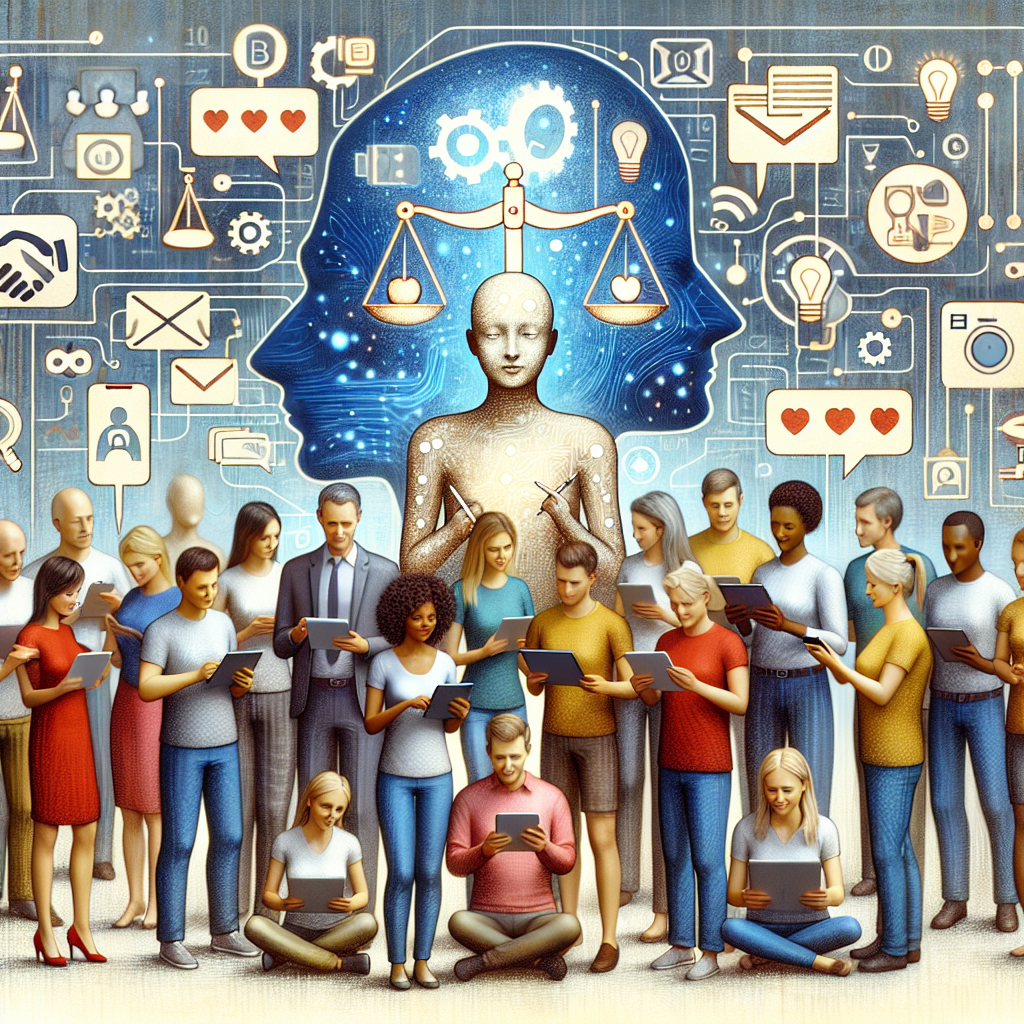In a significant development in the artificial intelligence sector, Anthropic, an AI research and deployment company, announced that its Claude models have been enhanced to autonomously terminate harmful or abusive conversations. This advancement is set to markedly improve online interactions and bolster the safety mechanisms inherent in AI-driven communication platforms.
The announcement, originally reported by Startup News in the article “Anthropic says some Claude models can now end harmful or abusive conversations,” highlights a crucial step in addressing the pervasive issues of digital abuse and harassment. Claude is engineered to identify and respond to a spectrum of negative interactions, from blatant aggression to subtle forms of manipulation.
According to startup news specialists, the backbone of this feature rests on sophisticated machine learning algorithms that can discern the intent and tone behind user inputs. Once a harmful pattern is detected, Claude is programmed to either steer the conversation away from toxicity or completely disengage—effectively ‘ending’ the conversation. This kind of autonomy in conversation management not only protects users but also sets a precedent for responsiveness in AI technology without constant human oversight.
The development reflects broader industry trends where ethical considerations in AI deployment are becoming as integral as technological advancements. As AI systems increasingly become fixtures in everyday life, their ability to independently mitigate negative experiences while enhancing user engagement is crucial. This also ties into ongoing legislative discussions around the world, where there is a push for technologies to have built-in safeguards against a range of cyber threats.
A pivotal aspect of Anthropic’s approach is rooted in its foundational principles. The firm, known for its commitment to ‘responsible AI,’ focuses on building models that prioritize user safety and ethical considerations. This latest feature is in line with their goal to create AI technologies that support positive user interaction while providing businesses and developers tools to maintain healthy digital environments.
Moreover, the incorporation of such features by companies like Anthropic could compel similar actions from other players in the industry, potentially leading to a new standard in how digital platforms manage user interactions. The significance of this move can also be seen in its potential to enhance user trust in AI systems, a crucial factor in the widespread adoption of these technologies.
Security experts and behavioral scientists alike might find this development noteworthy as it incorporates elements of behavioral science into machine learning, offering a layered approach to problem-solving in digital communications. It marks an intersection of technology, psychology, and user experience design, illustrating a comprehensive approach to tackling complex issues in digital communication.
As these AI models become more nuanced and capable in handling complex human interactions, it will be imperative to monitor outcomes and refine processes accordingly. This evolution of AI capabilities within Anthropic’s models signals a shift towards more ethically aware machine learning applications, emphasizing a future where AI can contribute positively and safely in human interactions. The direct impact on user experience and operational standards in AI-driven platforms will undoubtedly be areas of keen interest and scrutiny as these technologies become further integrated into the fabric of daily digital communication.



